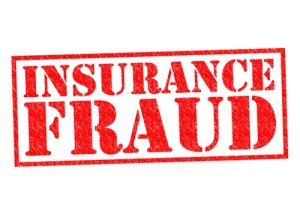No, this isn’t another polemic about how personal injury lawyers should blog or tweet. I don’t care if you blog or tweet.
Social media has been a boon for two types of people: stalkers and defense lawyers. Personal injury lawyers are not using social media offensively in great measure. Not a lot of doctors are tweeting “I knew I should have counted the instruments before I closed on Mr. Smith. Alcohol makes me silly.” And while you might occasionally hit the jackpot, it is unlikely the guy who rear-ended your client on I-83 tweeted out pictures of himself red-faced and hoisting a giant peach margarita at Water Street a half an hour before the accident.
More often than not, jury trials are about the credibility of our clients. Our clients’ veracity or lack thereof is usually the fulcrum on which the outcome of a case hangs. Social media is a great opportunity for defendants to find – maybe out of content or maybe in context – evidence that contradicts our client’s claim. Continue reading







 Maryland drivers are ranked just behind Washington, D.C. as the dumbest drivers in the country, ranking 49th in driver knowledge a new GMAC Insurance study. Last year, Maryland ranked 20th.
Maryland drivers are ranked just behind Washington, D.C. as the dumbest drivers in the country, ranking 49th in driver knowledge a new GMAC Insurance study. Last year, Maryland ranked 20th.

